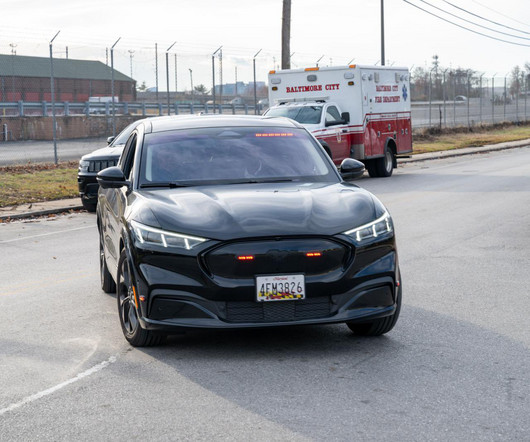Baltimore will electrify city vehicle fleet by 2030
Teslarati
DECEMBER 6, 2023
Baltimore Mayor Brandon Scott signed a bill on Monday that ensures the city’s fleet of government vehicles will be all-electric by 2030. “It shows here our shared commitment to making Baltimore a leader as a climate-conscious and sustainable government,” Scott said during remarks after he signed the bill, according to WBAL. “We
















Let's personalize your content